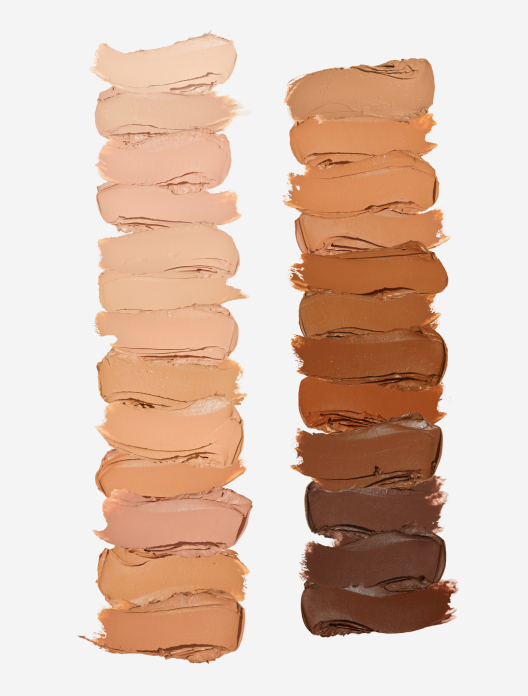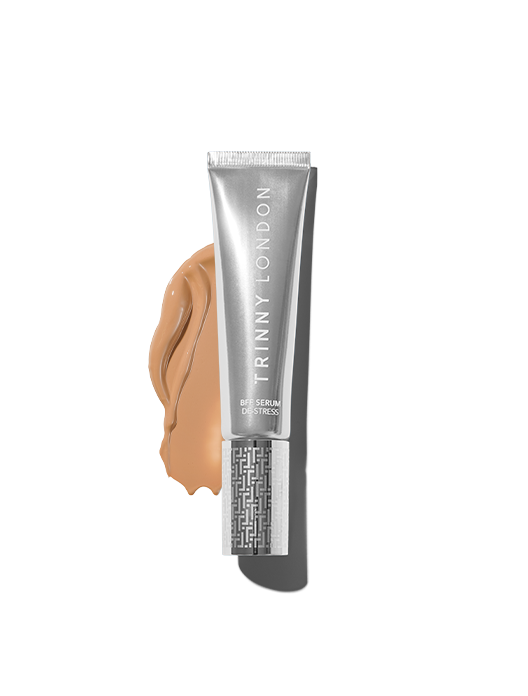
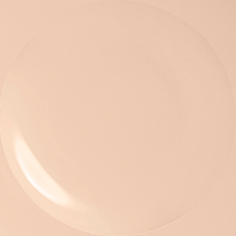
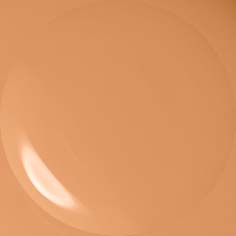
 12 shades
12 shades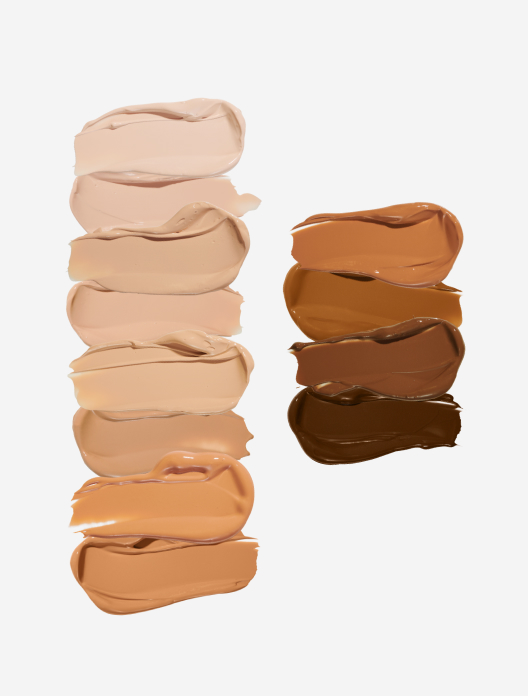

Dry skin is a skin type, just like oily, combination and normal, and is determined by your genes. Its defining characteristic is a lack of oil, meaning skin doesn’t have the necessary natural moisturiser to keep it comfortable and protected from the elements. Dry skin generally feels thirsty, rough, itchy, red or flaky. You can have one of these symptoms, a combination of a couple or a full-house. It is also common for dryness to come hand-in-hand with sensitivity, as well as being associated with skin conditions eczema and psoriasis.
Alongside the genetic element, there are external factors that can exacerbate the problem of dry skin. During perimenopause and beyond, a drop in oestrogen can also mean a drop in ceramides and essential fatty acids, leaving skin feeling extra dry and itchy. The weather can contribute to dryness too, with extreme cold and too much sun exposure without adequate protection among the most common culprits.
Dry skin is often confused with dehydrated skin, but the two things are quite different. Dehydrated skin is short on water, not oil, and tends to appear dull and feel tight. Unlike dry skin, dehydrated skin is not caused by your genes, and is therefore not a long-term consideration. Your skin can be dry and dehydrated, or oily and dehydrated, all at once.
Dry skin needs extra support to keep it at its best. Seeking out the following ingredients will give it a helping hand:
Poly-hydroxy acids: Many people with dry skin have an aversion to exfoliants, pinning their hopes instead on a moisturiser to help with texture. Enter poly-hydroxy acids, the gentlest of the liquid exfoliant family and whose large molecule size allows them to whisk dead skin cells from the surface of your complexion without fuss. You can find it in Tiptoe In, our PHA Exfoliant.
Squalane: When our skin is dry, moisture can easily escape, so helping to reinforce its role as a barrier will help to keep skin nourished. Fatty molecule squalene does just that, working to keep hydration in.Bounce Back, our intense peptide moisturiser contains squalene.
Vitamin F: Vitamin F works in a similar way to squalane. The F stands for fat, and it is a blend of omega-3 and omega-6 fatty acids. It helps to create a barrier on the skin, keeping moisture in. Find vitamin F in Overnight Sensation, our retinal + serum.
Everyone's skin is different, so looking after dry skin is not as simple as striking particular skincare ingredients off of the menu. The best approach is to listen carefully to your skin and introduce any new ingredients or skincare products slowly. To begin with, use just twice a week, leaving a gap of at least 48 hours between applications. This will give you a generous window to spot any signs of unhappiness in the skin, such as additional dryness, redness or irritation.
Of course, shopping by your skin type is a smart move. Products formulated with oily skin in mind are likely to be too stripping for your skin – robbing your complexion of the limited supplies of oil it does have. They can dehydrate the skin too, which will contribute further towards the side effects of dry skin.
Building a skincare routine for dry skin is all about focusing on supporting and nourishing your complexion.
When you have dry skin, feelings of tightness and discomfort shouldn’t come as part-and-parcel of cleansing your skin. Swap anything foaming for a nourishing cleansing balm. Massage on to melt away makeup and grime, before using a muslin cloth soaked in hot water to rinse away the residue. Cleansing just once is fine in the morning, but you’re likely to need two goes in the evening to remove the buildup of makeup and daily grime.
Regular exfoliation is a brilliant way to say goodbye to rough skin texture, as well as supporting the turnover of newer, fresher skin cells. Manual exfoliation definitely has a place in your routine, but the physicality of it can drive redness in the skin, especially if it's sensitive. Liquid exfoliants make for a sophisticated alternative, providing all the dead skin cell-banishing benefits without the need to over manipulate your skin. Simply swipe on with your finger tips and move on to the rest of your routine. Poly-hydroxy acids are the gentlest of the liquid exfoliant family, and great for beginners. Acid aficionados should pass straight to alpha-hydroxy acids, which offer the same benefits, just at a speedier pace.
It might not be visible to the naked eye, but our skin is under siege every time we leave the house. There are free radicals from things like pollution and cigarette smoke to contend with, as well as the year-round advances of UV rays. All of these things can compromise the skin’s ability to hold onto moisture and leave it open to irritation. A simple solution? The power pairing of SPF and antioxidant protection, in the form of a vitamin C serum. When layered beneath, the vitamin C will supercharge the benefits of your sunscreen, helping to protect skin from unnecessary damage.
The final piece of the puzzle when building a skincare routine for dry skin is moisturiser. This should be the bookend to all your skincare and used as your last step both morning and light. Your moisturiser will reinforce your skin’s natural barrier, providing moisture and helping to lock it in. Plump for thick-textured, comforting creams over anything too light and look out for ingredients such as ceramides, fatty acids and nourishing oils. Without this crucial moisturiser step in place, skin is likely to feel at best taunt and unsettled, and at worst seriously sore.
If you have dry skin, cream-based makeup will provide a far more flattering finish than powder formulas. Dry skin can struggle with natural luminosity, with a lack of oil leaving skin looking flat and matte. While powder formulas will only serve to amplify this, cream ones do the exact opposite, bringing freshness and dewiness to your complexion. Not to mention cream makeup won’t settle into fine lines or cling to dry patches, rather gloss over them.
Cream-based makeup tends to be more comfortable on dry skin too – a key factor when you’ll likely be wearing your makeup all day. No one wants a formula that feels tight when you smile, or leaves skin feeling even drier than before.
If you really want to top your makeup with powder, or use a mattifying product, our advice is to be very strategic about placement. Stick to the T-zone, the part of the face where the most oil is produced, rather than your cheeks, which are naturally much drier.
The best prep you can do for dry skin before applying makeup is to take your skincare seriously. Your makeup will sit better, and last for longer, when applied to a lovely, healthy base.
If you apply a liquid exfoliant and serum as part of your morning routine, allow time for these to sink in before moving on to your moisturiser. Taking this time to brush your teeth is always a good tip. Once you have smoothed onto your moisturiser, you’re good to proceed straight to makeup. Skin will feel fresh and nourished, with the moisturiser giving your base products extra slip and movement.
The best foundations, or base products, for dry skin are light and fresh. Anything too heavy will either look mask-like or cling in patches – neither of which are particularly desirable. Rather you’re looking for a base that looks like a dewier, healthier version of your skin.
BFF SPF 30 Cream: A lightweight base will make dry skin look dewy and full of life. BFF SPF 30 has barely-there coverage, giving your skin the subtlest hint of tint. “Start your routine with BFF SPF 30 Cream,” advises Katie Levy, Pro Makeup Artist at Trinny London. “That’s going to give your skin that lovely instant glow.” You can stop there, or layer another base on top for additional coverage.
BFF De-Stress Tinted Serum: If your skin is uncomfortably dry, the consistency and feel of your makeup is extra important. BFF De-Stress glides on beautifully, providing buildable, breathable coverage that leaves skin glowing. It has been formulated with hydration hero hyaluronic acid to restore bounce to thirsty complexions.
Just A Touch Foundation + Concealer: Creamy textures are what dry skin is crying out for. This highly pigmented foundation concealer is best used on areas of redness or discoloration to blur and correct. “It’s creamy, so if someone has dry, flaky skin then it will go on without a problem,” explains Katie. “Just warm it up in your fingers first.”
Expertly applying makeup on dry skin is simple when you know how.
Make sure your skin is clean, and that any liquid exfoliants or serums you have applied have had time to sink in. Massage on the moisturiser of your choice to nourish the skin and create a smooth canvas for your makeup.
Apply BFF SPF 30 all over your face. If you want to, you can even smooth a little down your neck and across your decolletage for extra glow in these areas. It is best applied with your fingers, but you can use a brush if you prefer.
If you would like more coverage, next apply BFF De-Stress Tinted Serum. Use either your fingertips or a brush to carefully buff and blend for a seamless finish. Remember, dry skin is often also sensitive to be gentle to avoid driving irritation or redness.
With either a clean finger or brush, apply a little Just A Touch Foundation + Concealer to any areas in need of extra coverage. It is more densely pigmented, which makes it a good choice for covering redness, blemishes or hyperpigmentation. Highlighter is the perfect glow-giving finishing touch. Not sure where to apply highlighter? Focus on the high points of your face, like the tops of your cheek and brow bones.
Shop the article



 12 shades
12 shades
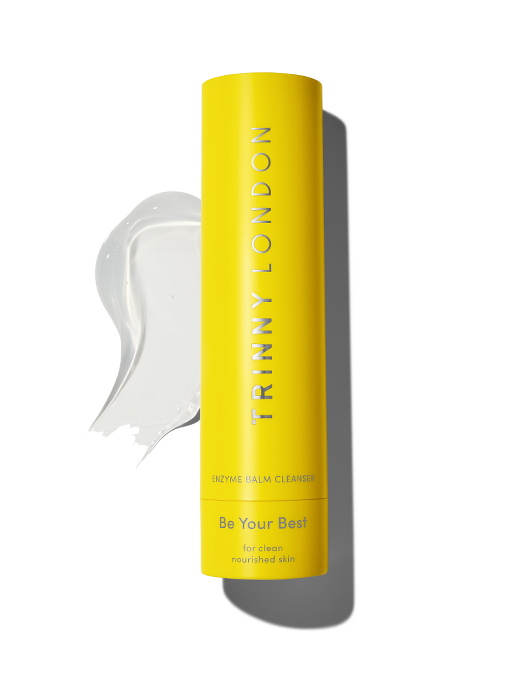
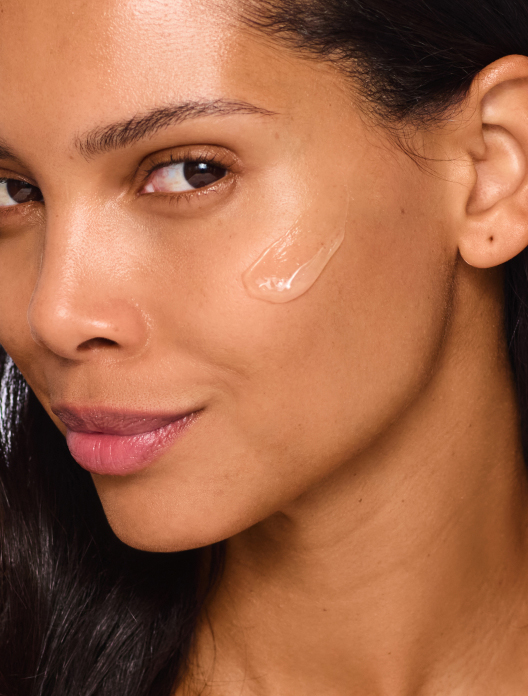
Oil-based transforming cleanser for clean, nourished skin, suitable for all skin types
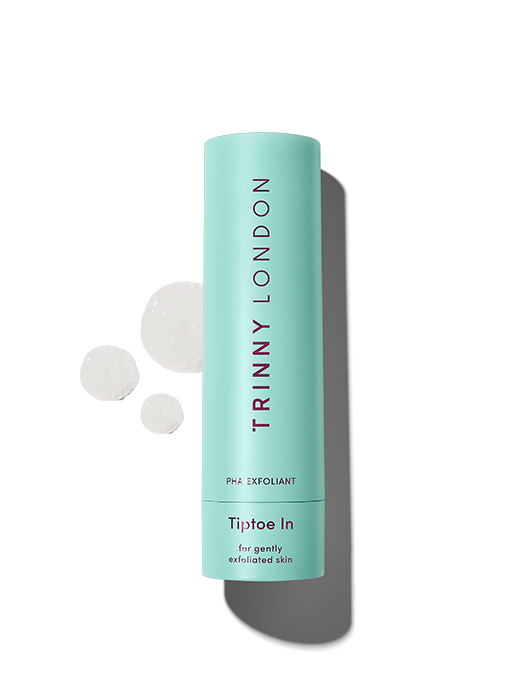
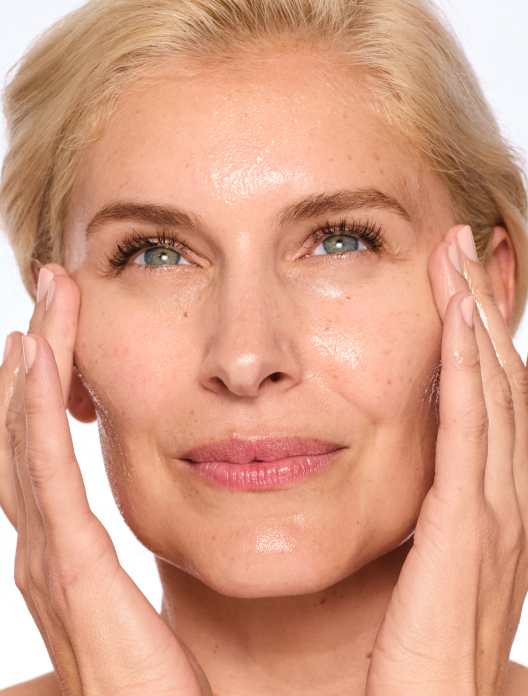
Kind-to-skin exfoliant for radiant skin, suitable for all skin types
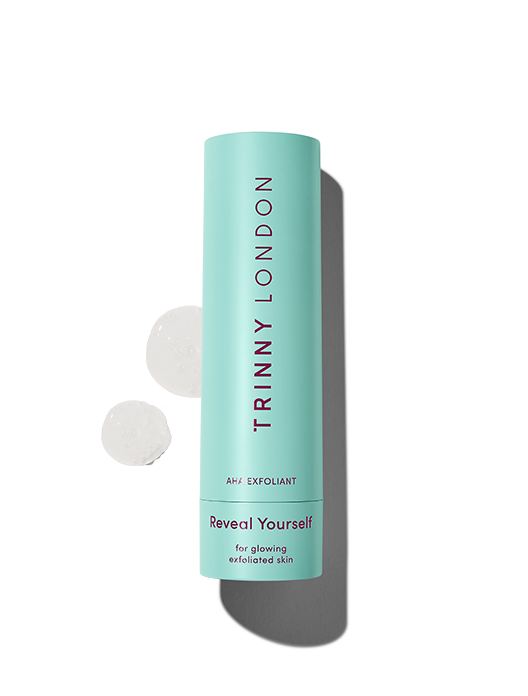
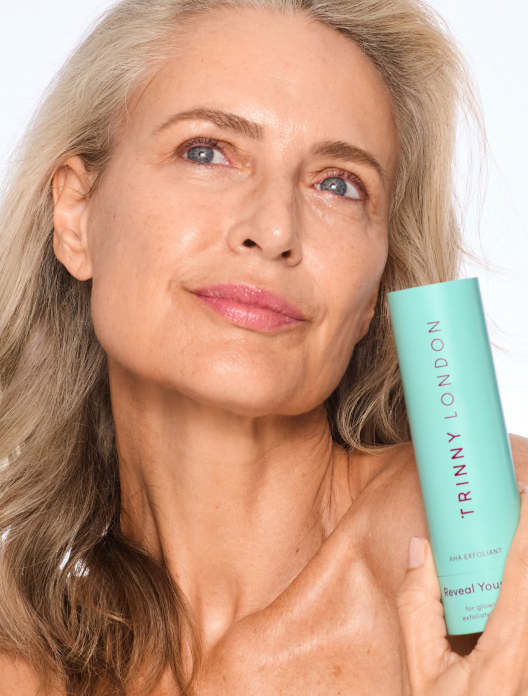
Highly active exfoliant for glowing skin, suitable for all skin types except sensitive

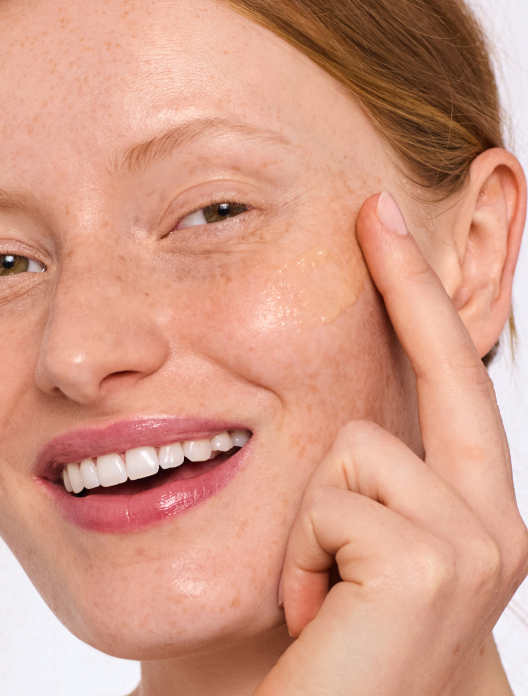
30% vitamin C serum for visibly brighter, glowing skin, suitable for highly experienced skincare users (not for sensitive skin)
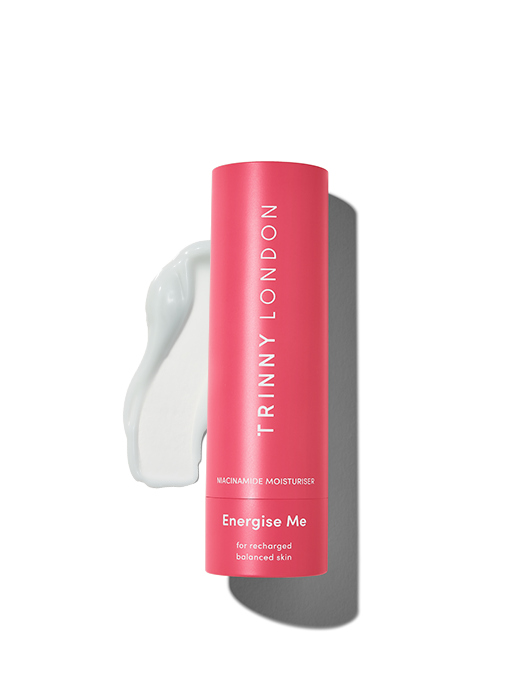
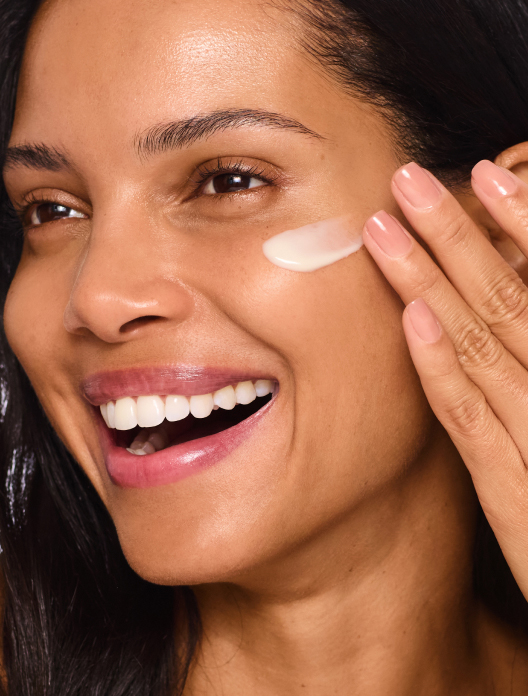
Niacinamide moisturiser for clear, energised skin, suitable for normal to oily skin
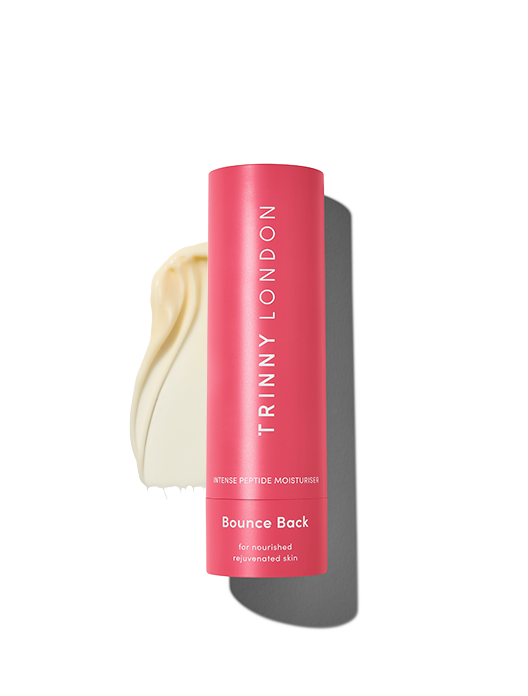

Intense peptide moisturiser for plump, bouncy skin, suitable for normal to dry skin
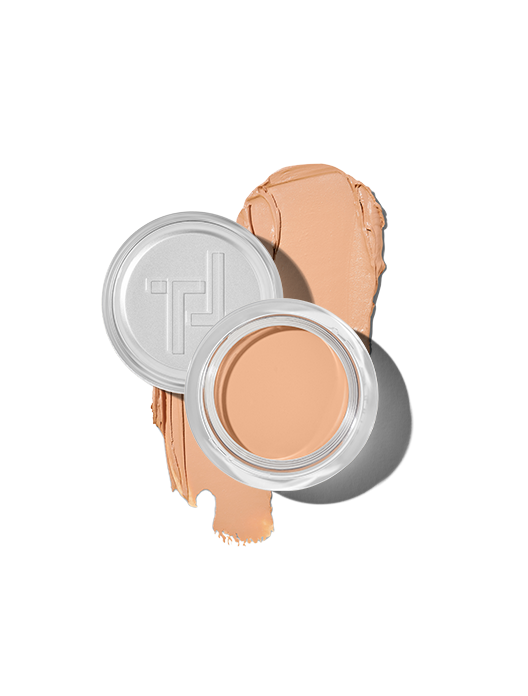
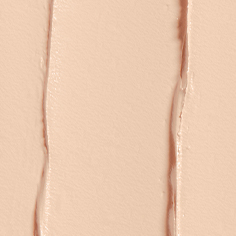
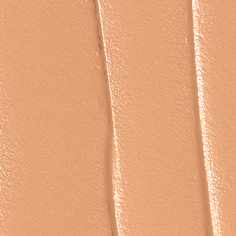
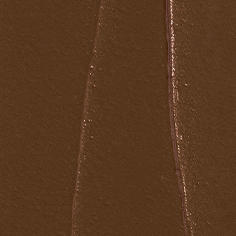 25 shades
25 shades